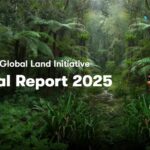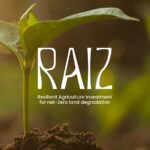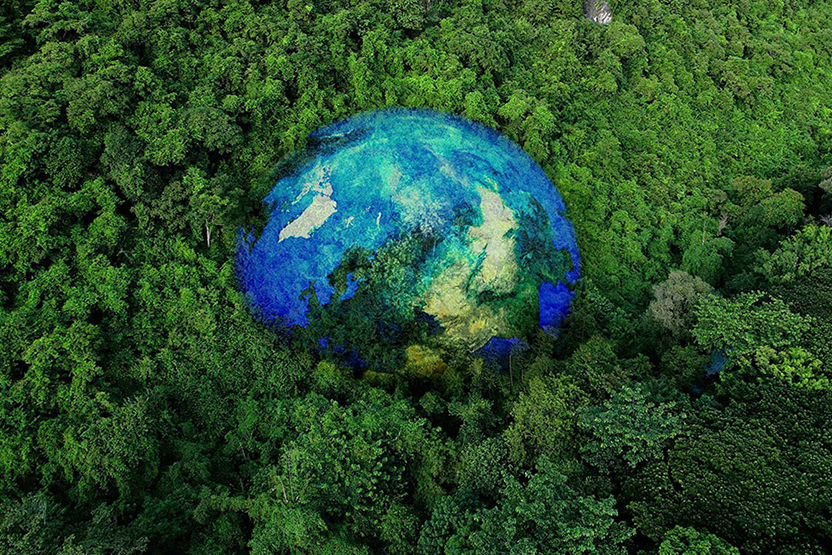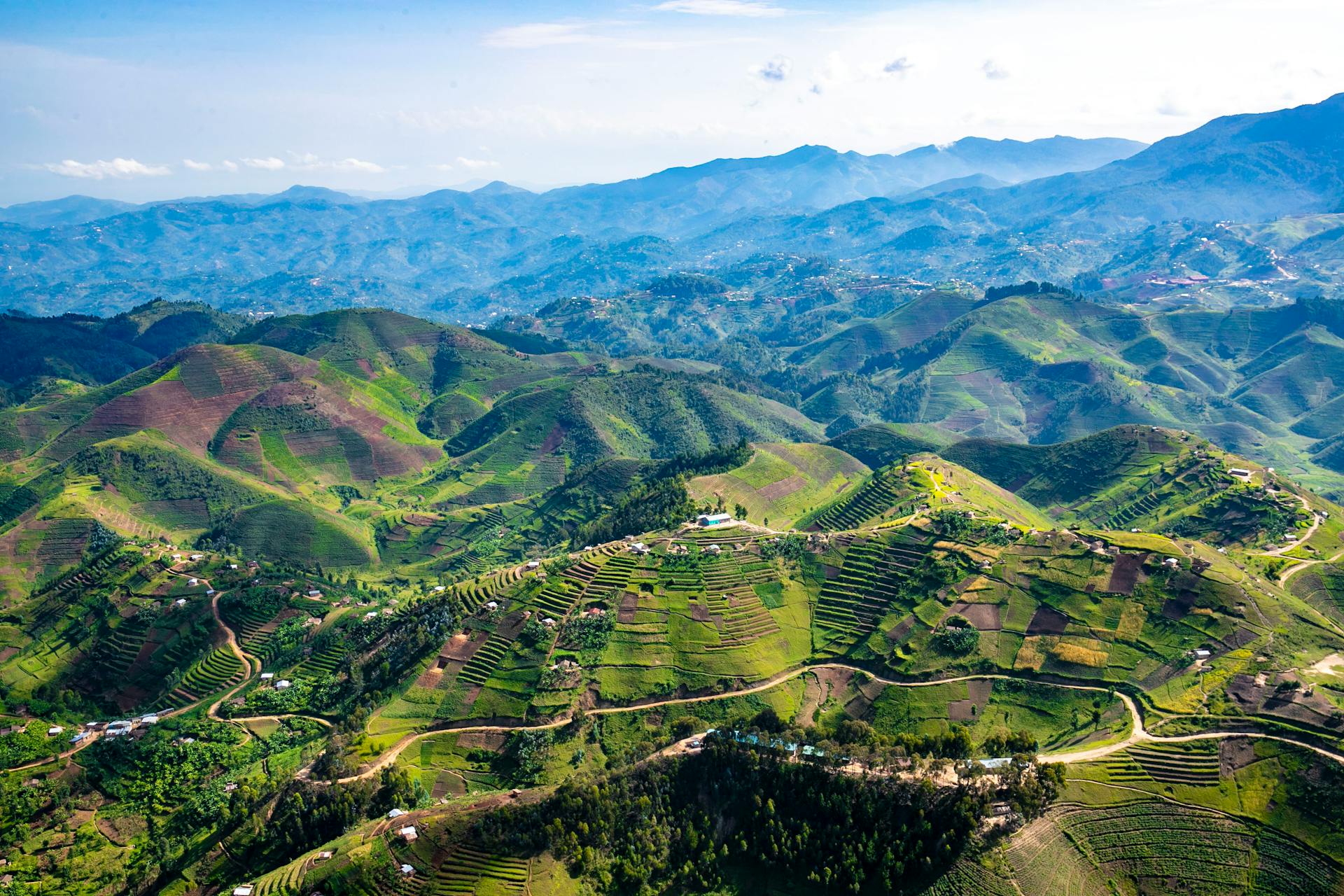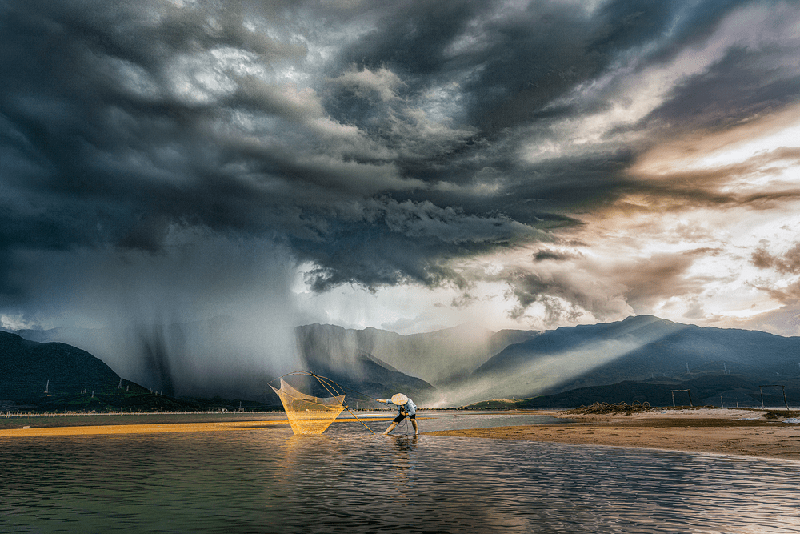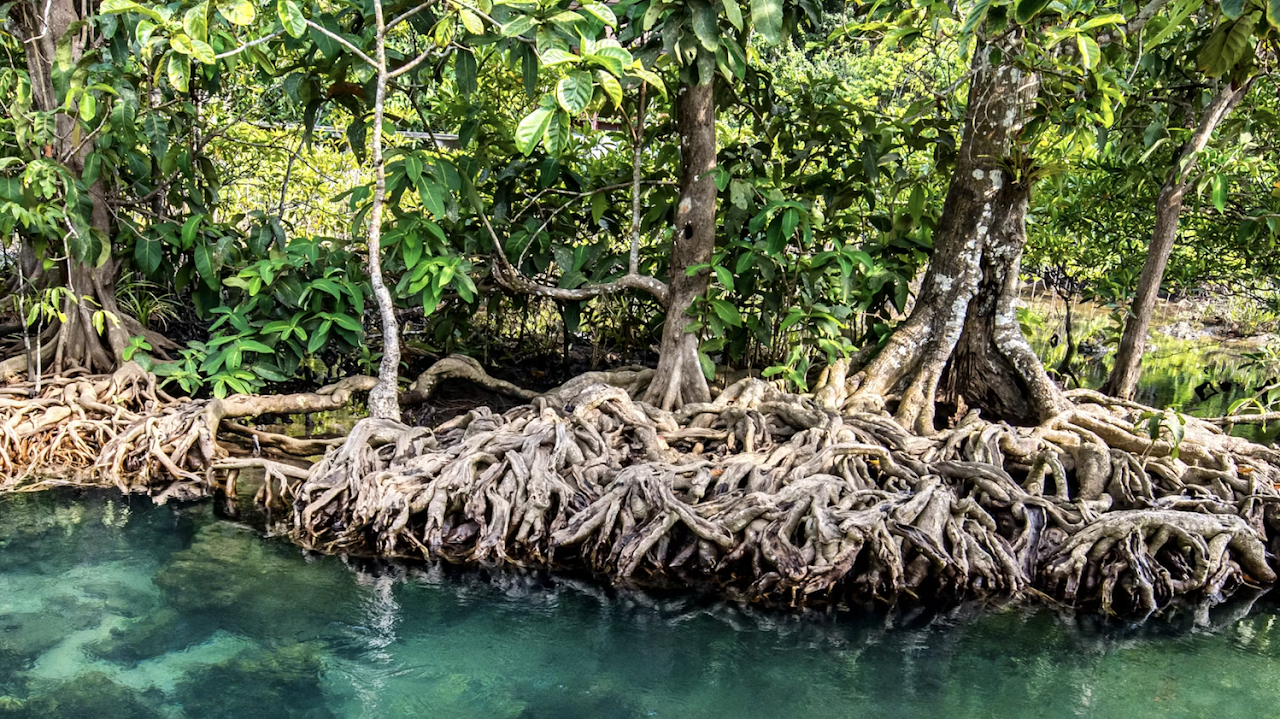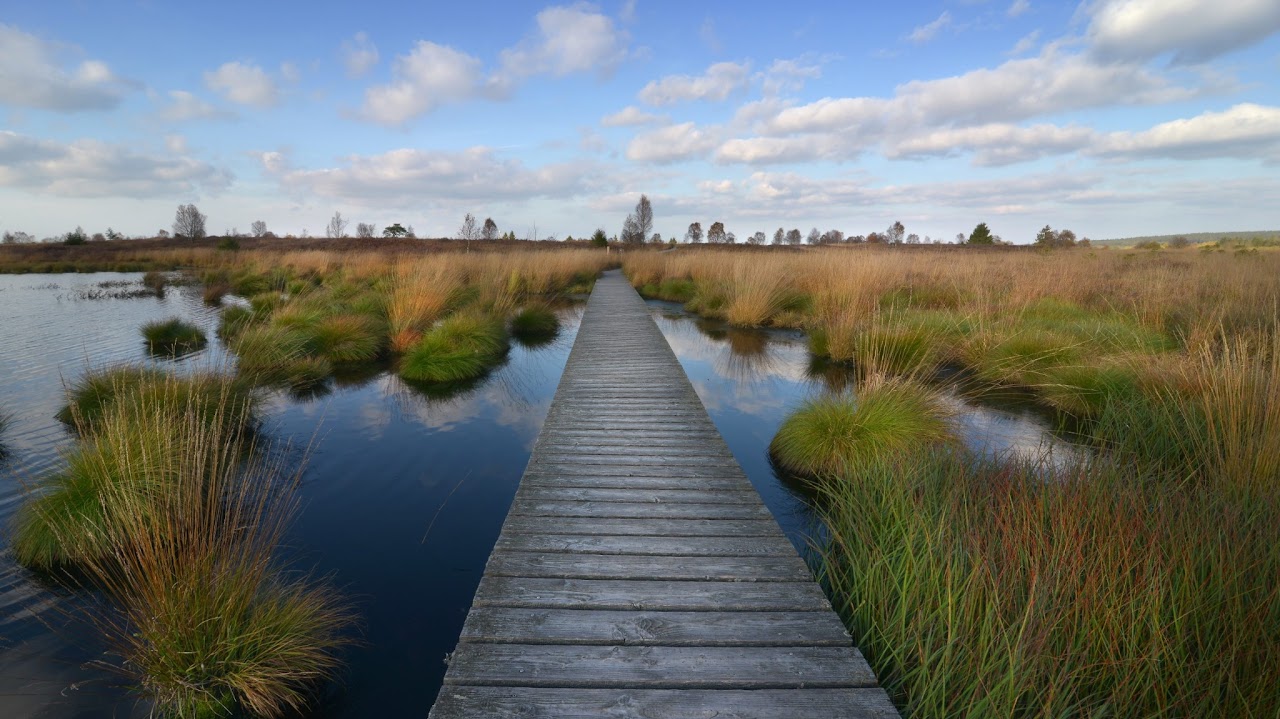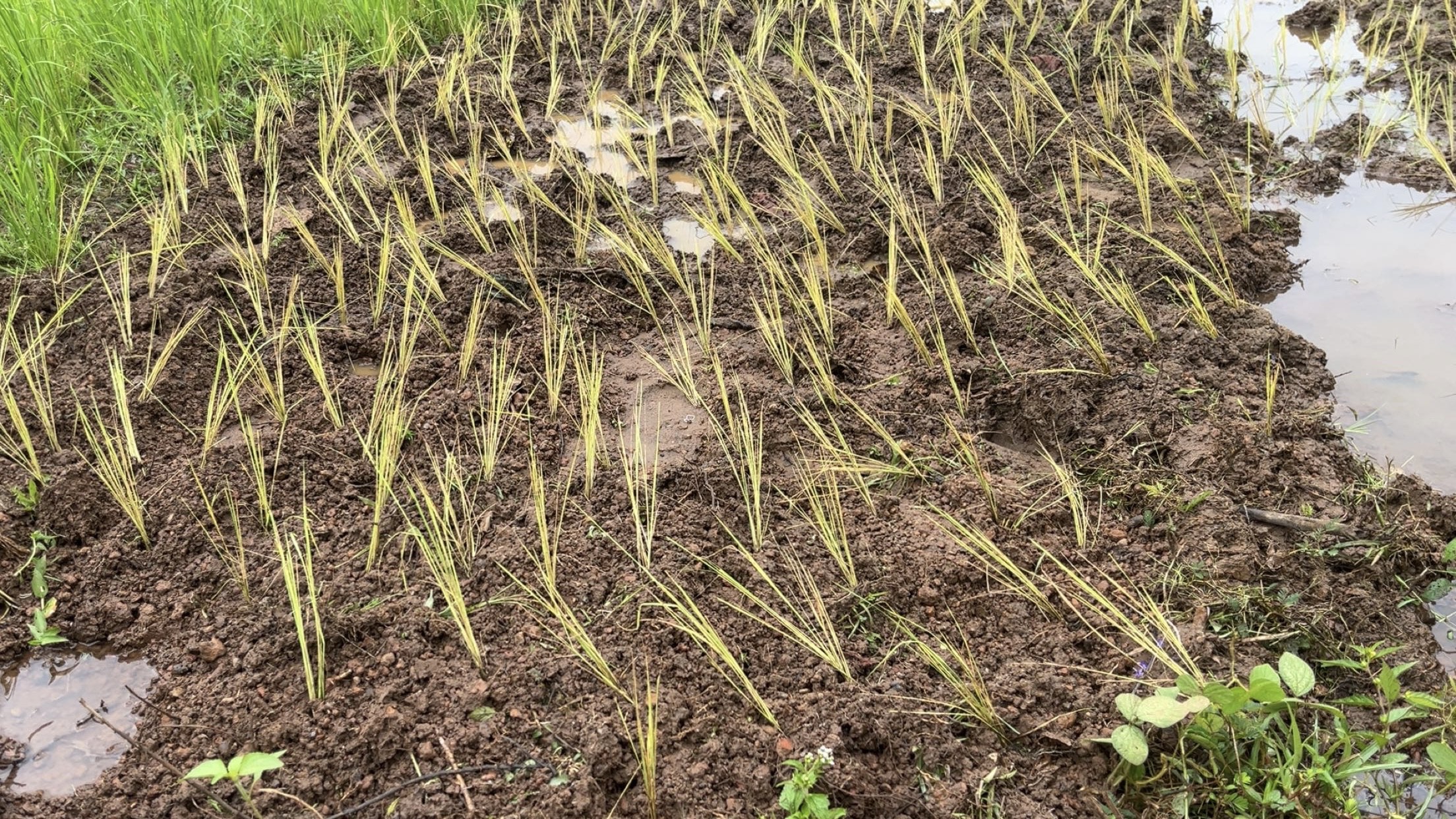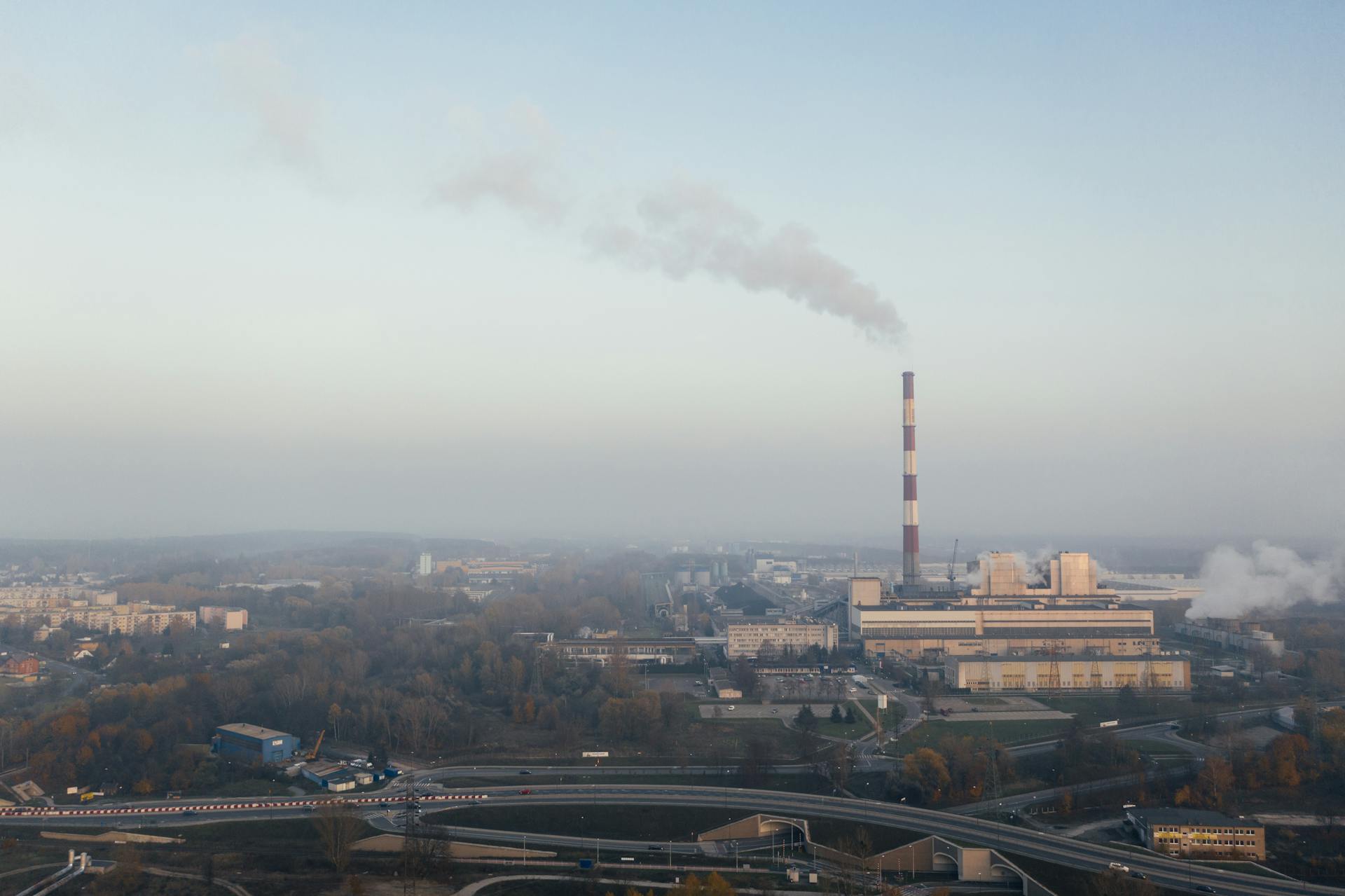COP28 in Dubai: A Ray of Hope for Land Restoration

The Middle East’s bustling city of Dubai is hosting the 28th Conference of the Parties (COP28) from November 30 to December 12.
It is the stage where world leaders can collectively strategize and commit to robust action on pressing issue of climate change. It is also the space to highlight the importance of land restoration to climate change discussions and show the action taken.
The link between climate change and land degradation is undeniable. And at COP28 participants are promoting initiatives and policy decisions that not only combat climate change but also restore and rejuvenate our precious lands.
Land degradation is a critical environmental challenge that affects ecosystems, biodiversity and the livelihoods of millions around the world.
The climate change conferences, including the one under way in Dubai are increasing global attention to the close relationship between climate change and the health of our lands.
Firstly, addressing climate change is synonymous with tackling the root causes of land degradation. The excessive emission of greenhouse gases contributes significantly to rising temperatures, altered precipitation patterns and extreme weather events – all of which play a role in depleting the vitality of our lands.
Moreover, more and more conference participants are championing sustainable land management practices such as agroforestry, soil conservation and reforestation projects that, at once, sequester carbon and enhance the resilience of landscapes.
Practices that restore degraded lands, and help them to regain their natural fertility and biodiversity.
That is why the G20 Global Land Initiative’s presence at COP28 is crucial.
As governments and environmental leaders meet in Dubai, the Initiative lined up a series of events to share knowledge and expertise on a range of topics, among them:
- Scaling up land restoration to 1 billion hectares
- Unlocking financial pathways for tropical forest restoration
- Private sector participation in global mine restoration activities
- The importance of integrating land restoration in schools
- Indigenous perspective on land restoration and conservation.
There events were also livestreamed direct from the UNCCD Land and Drought Resilience Pavilion, and are accessible from the Initiative’s YouTube Channel.
Dubai, with its futuristic skyline, serves as a symbolic backdrop for discussions on innovative technologies that aid land restoration.
World readers from the get-go created momentum for action through pledges of over 700 million dollars to support the communities losing lives and livelihoods from climate change impacts. More action is needed urgently to catalyze large-scale restoration efforts to build communities’ resilience.
The COP28 still under way in Dubai holds immense promise for addressing many interconnected challenges, not least, climate change and land degradation. G20 Global Land Initiative is using this opportunity to spotlight the critical link between the two and to inspire collaborative action, innovative solutions, and financial commitments that contribute to the restoration of our planet’s lands.
There is hope that the information shared, connections made and decisions taken at COP28 create fertile ground to sow the seeds for a greener, healthier future where our lands thrive alongside even in a changing climate.
